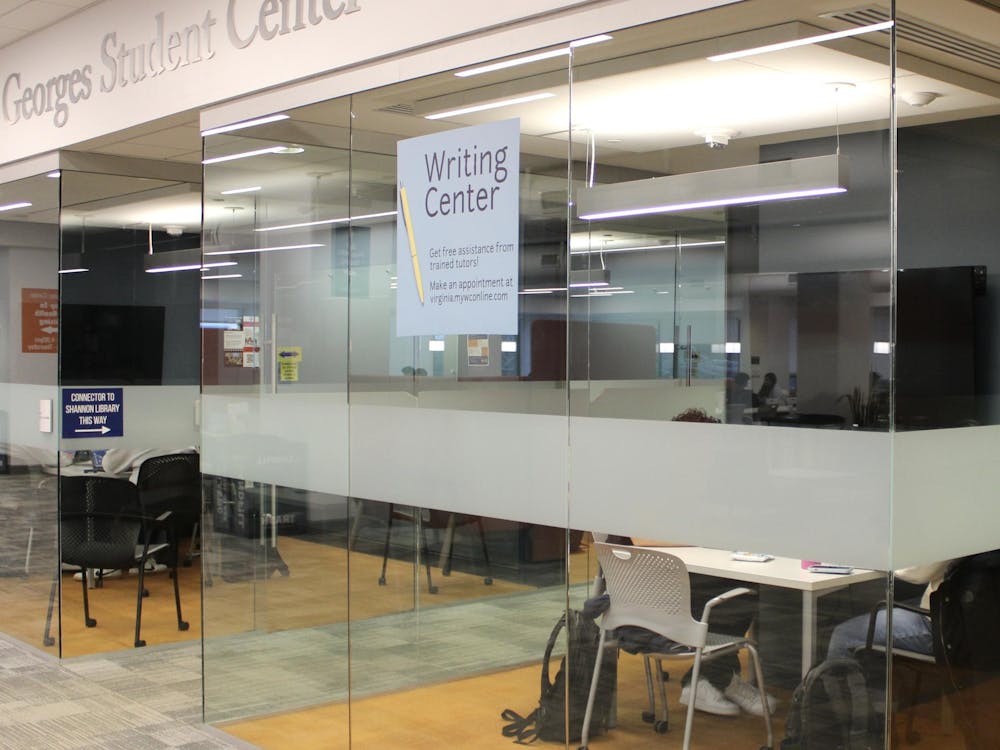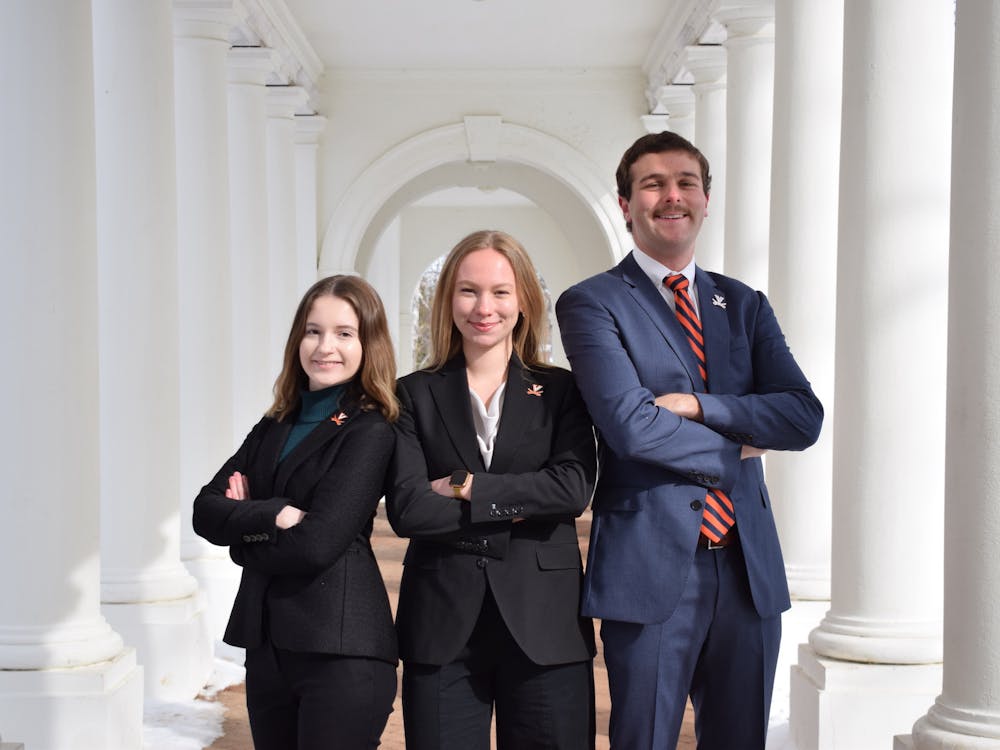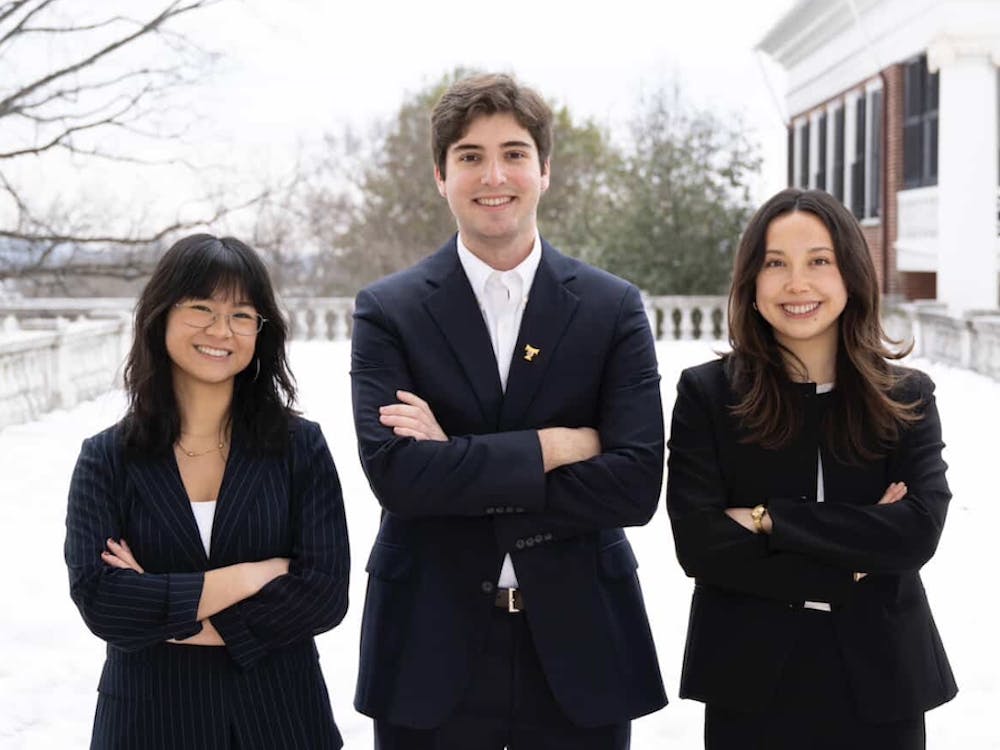University Law professors Tomiko Brown-Nagin and Risa Goluboff discussed the legal implications of Martin Luther King, Jr.'s protest methods and how they have shaped social change yesterday evening at the Chapel.
The discussion, hosted by the University Office of Engagement, focused on legal lessons taken from the Civil Rights Movement in major cities like Montgomery and Birmingham.
Brown-Nagin said one of the main conflicts of the Civil Rights Movement was disagreement about the definition of civil equality presented by the U.S. Constitution.
"We are accustomed to political leaders invoking the Constitution, the vision of the framers, without conceding that the Constitution is subject to ... competing interpretations," she said.
She talked about King's ability to mobilize support for the Civil Rights Movement in Montgomery, Ala. by choosing to avoid parts of the Constitution, which may have been open to interpretation, and instead focusing on the idealistic principles of the document.
Goluboff talked about the methods of civil disobedience used by the movement to achieve social change.
"The goal of the [Birmingham protests] was the desegregation of the city and the method of the project was to hold protests, create confrontation, fill the jails and force negotiations between the white power structure and the Civil Rights Movement," she said.
The Civil Rights Movement in Birmingham used the method of civil disobedience to highlight the injustice of law, Goluboff said.
"Civil disobedience is a performance," she said. "One of the things that King said is that you have to break the law lovingly; you have to break the law with your whole heart in order for it to be civil disobedience."
Goluboff also stressed the importance of the individual in the goal of social change.
"Not only judges and lawyers have an idea of what the law is and what the law should be," she said.
The Civil Rights Movement achieved many things, including the Civil Rights Act of 1964 and the Voting Rights Act of 1965, Goluboff said. Yet she also highlighted the poverty which still plagues members of the black community and American society generally.
Goluboff addressed the role of universities in social movements throughout history. Contemporary universities "don't know how to handle student protest," Goluboff said, but she hopes they will be able to cooperate with student demonstrations in the future.






